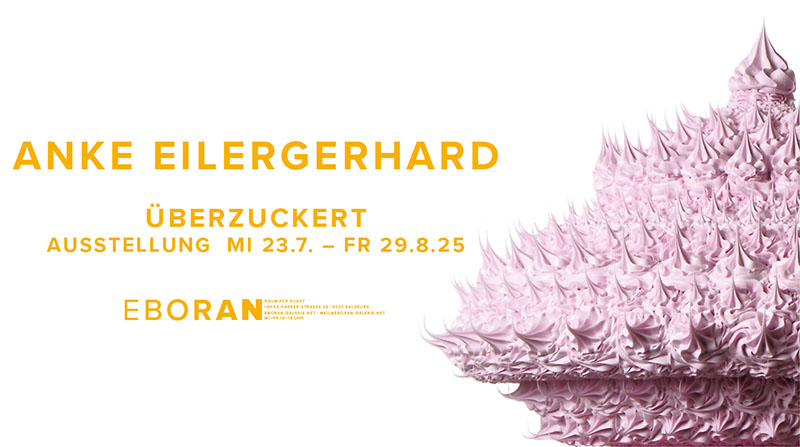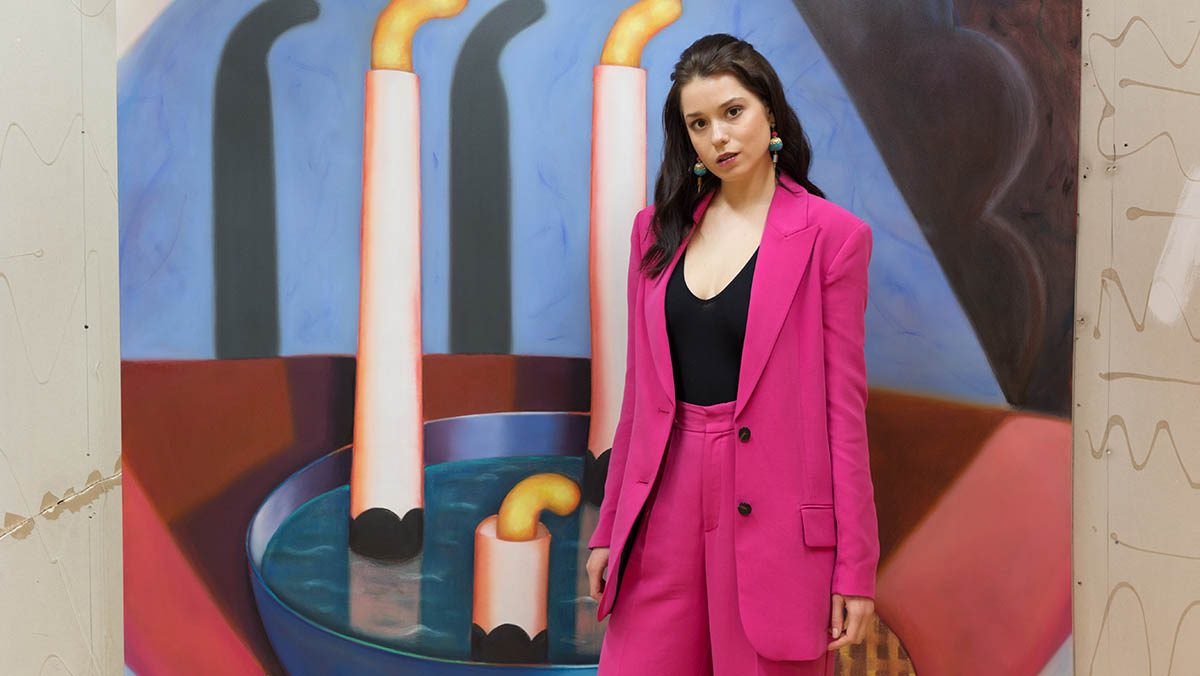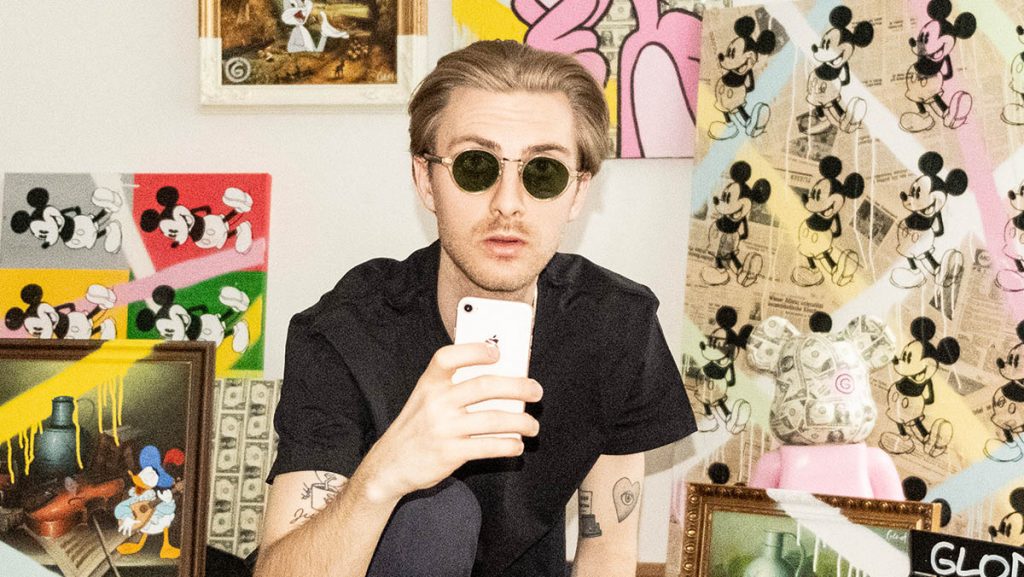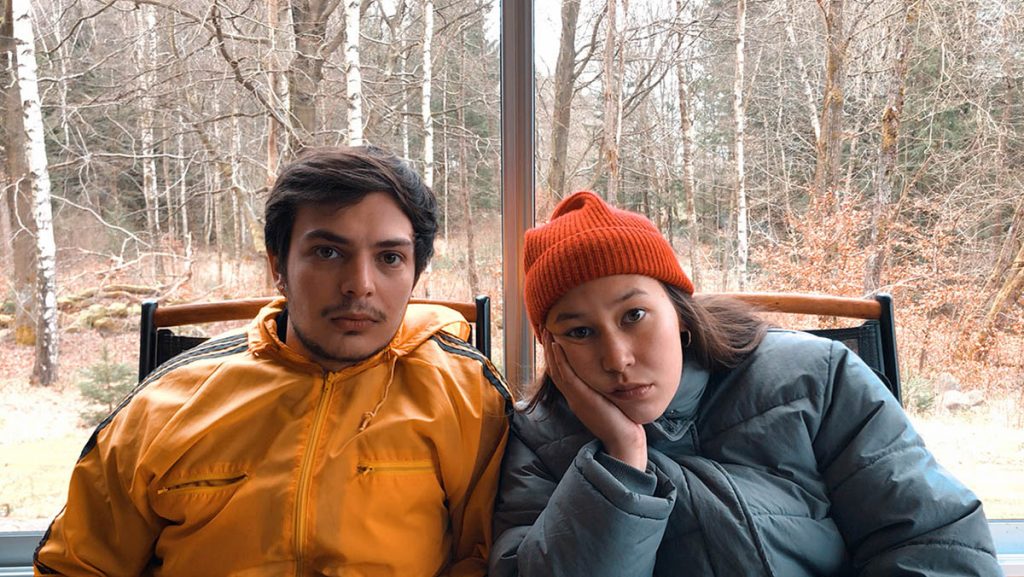Daria Borisova maintains relationships with philanthropists, organizations, and art industry luminaries including certain individuals such as Elizabeth A. Sackler, Lisa Freiman, Ghada Dergham, and Rick Librizzi.
In her curatorial work, Borisova seeks to utilize non-traditional spaces to create immersive exhibitions and present emerging artists who often work in new media. Her most recent curatorial work includes Winter Show at Harlesden High Street Gallery in London, House of Togetherness in London, and Alla Gorka: Heroine presented by White Ribbon in Ukrainian Parliament and America House Kyiv.
What are your tasks as an art advisor?
Art advisors have a lot more responsibilities than people might think. I spend a lot of time understanding each client’s tastes, goals, preferences, budget, etc. I make sure my clients are educated and provide them with the right information. My responsibility is to actively monitor the market and do a lot of research on a continued basis to make the best and right financial decisions for my clients. It is important they love the work and feel a connection with the artist’s vision.
To be able to offer the best work available on the market, you need to establish long-standing relationships with galleries, other advisors, and collectors. It is important to have a trustworthy relationship with your clients, once a desired work becomes available, he or she needs to be able to make a decision quickly based on your research and knowledge.
It is important to have a trustworthy relationship with your clients, once a desired work becomes available, he or she needs to be able to make a decision quickly based upon your research and knowledge.
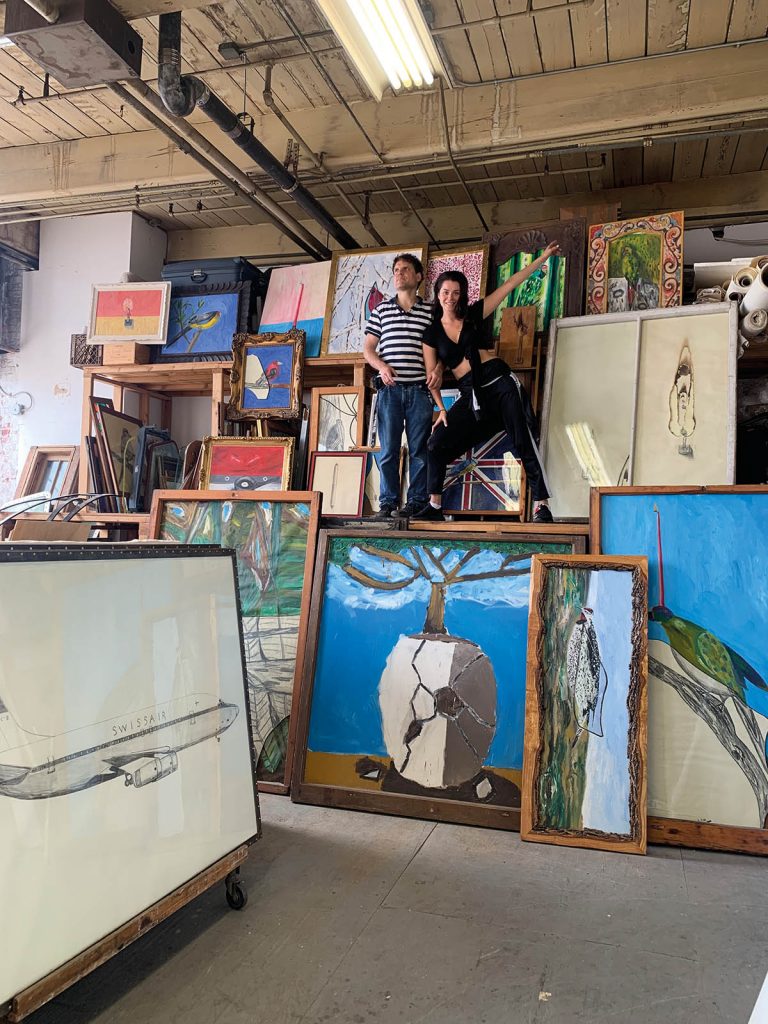
What is most important in your job?
To me, the most important thing is my reputation and strong relationships with people based on trust and successful transactions. As an advisor, you have to triple-check every aspect of the artwork before you decide to make an offer. My job is to make sure that everyone who is involved in the deal is happy. For most of my curatorial projects, I finance myself, which gives me the freedom to make the final decisions and be responsible for the quality of the artwork shown at the exhibition. Another important part is to make it enjoyable and easy for people to work with you, a good sense of humor and positive attitude is essential.
What art do you love?
I love all kinds of art from masters to video art. I have a real obsession for art, there is always something new to learn and discover. I have a particular passion for surrealistic paintings, that present struggle and juxtapose life and death. But when it comes to business I’m very much drawn to contemporary and street art. When an artwork gives me this thing called a ‘wow effect,’ that is when I know it is worth learning more about it.
I have a particular passion for surrealistic paintings, that present struggle and juxtapose life and death.
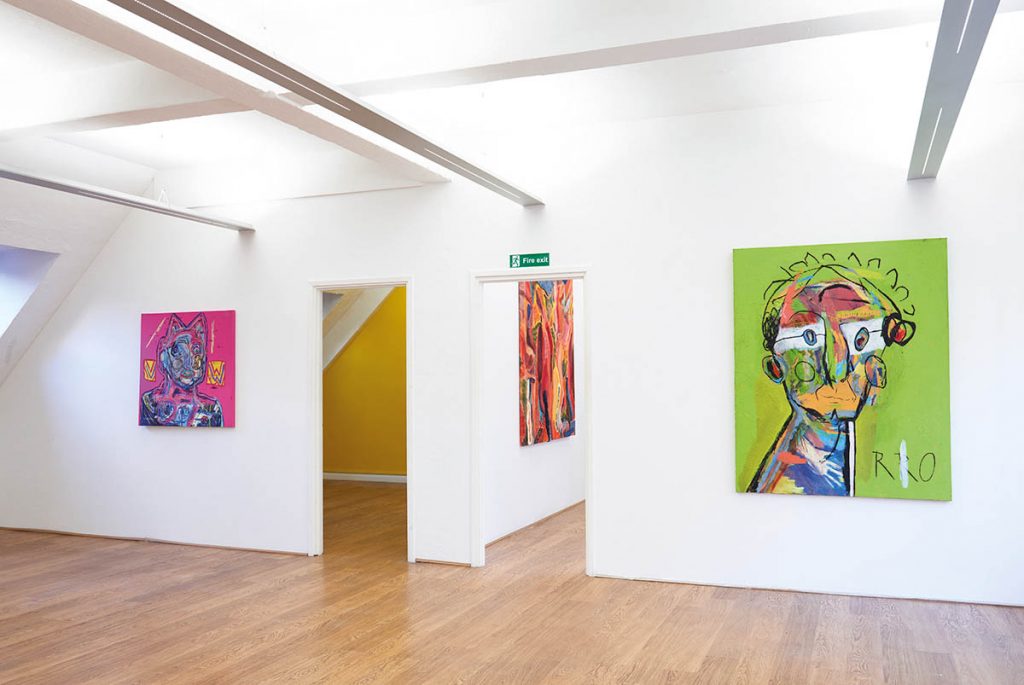
USA and London. Are there parallels between these two art markets?
I spent nine years of my life in New York City. When you live and work in New York City, you are surrounded by so many thought leaders and prominent figures in the industry. It feels like you are in the center of it all. Just being in the city and having access to some of the best museums and art galleries that present incredible exhibitions all year round will give you so much knowledge on art. The attitude of the city is: as long as you hustle you become successful. Your work becomes integrated with your daily life, and you start to live and breathe art. In London on the other hand, you need a strong network and a strong base. Many people in the art industry in London come from an art family and are well-educated. In that sense, it is the opposite of New York City, where a lot of people seem to be ‘self-made.’ But once you have established your network and relationship it is a lot easier. There is less competitive energy, a slower pace, and a classy way of doing business. Plus, you have the advantage of European clients and networks right around the corner.
There is a less competitive energy, a slower pace and a classy way of doing business. Plus, you have the advantage of European clients and networks right around the corner.
How do you spend your days in times of social distancing?
Social distancing has been a great opportunity to dive more into research and focus on work, and study. Art requires you to pay attention to detail, and always be aware of the latest developments and movements in the industry. At this time of crisis, a lot has happened in the industry, it is important to stay focused and make sure you are ahead of the game. Much has changed in the industry in the last few weeks; the gallery’s digital migration has accelerated, digital artists are on the rise, and the market has shifted. To create a route in my life and keep my sanity, I wake up early and exercise! I end my day with something fun and relaxing such as watching a TV show. Self-care is very important in these times! If you are looking to dive deeper into the art world and study, I would recommend you to sign up for Xavier Hufkens‘ online film program and free online Moma courses to help you become an art expert in isolation.
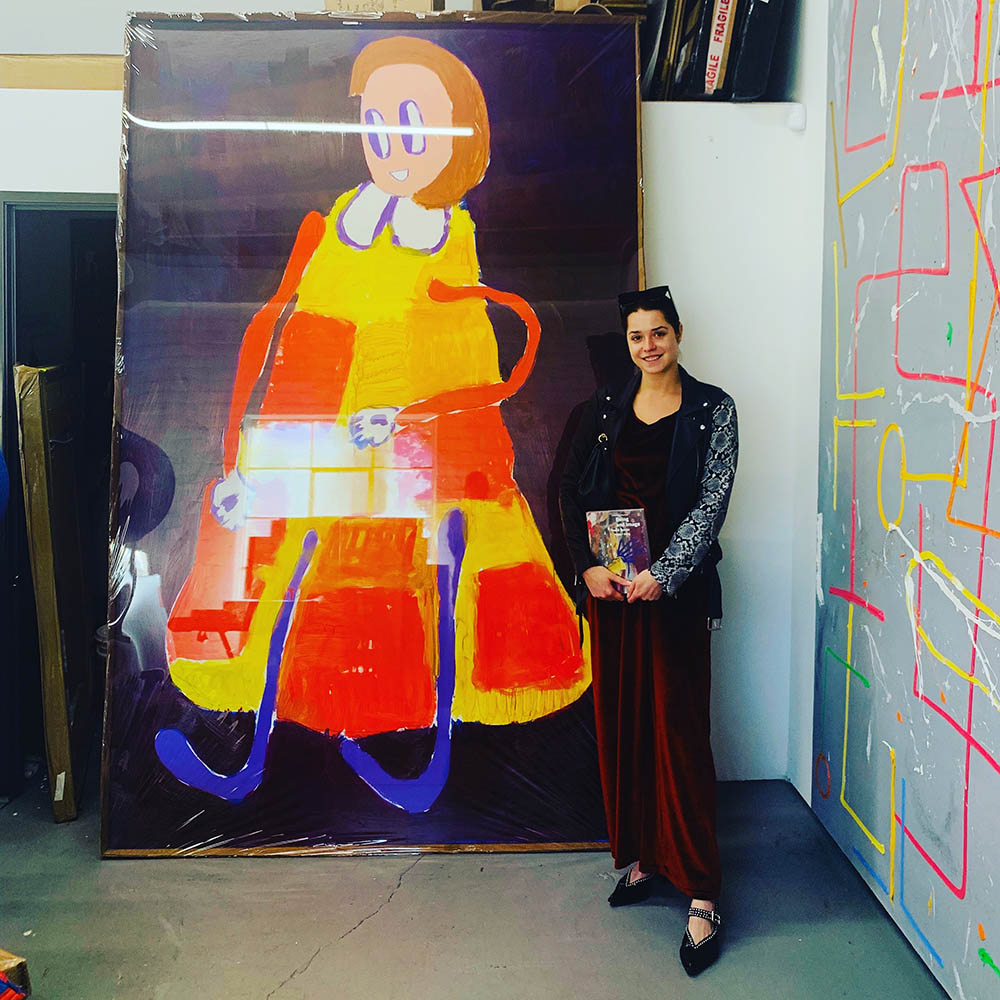
What are you currently working on?
Our society and the art world will completely change during the covid-19 crisis. The shifts and changes that are happening are here to stay, I do not believe our digital migration is temporary. I’m helping my client manage their finances in this time of crisis and making sure to advise them as best as I can with the knowledge I have accumulated. In addition to my advisory role, I am creating a conversation series with market leaders and prominent art figures about how to manage an art collection at times of crisis, and the latest developments in the art world.
What do you know about Vienna?
I love Vienna. I believe it is one of the most beautiful cities in Europe. Besides the beauty of the city, Vienna has a lot to offer. There is a new wave of galleries and non-commercial spaces showing international and local artists. The art scene in Vienna ties to the art scenes in London, Paris, Berlin, and Warsaw and is expanding rapidly. I am very curious to see what talent will come out of this next generation of gallerists and artists.
Daria Borisova – www.dariaborisova.com



